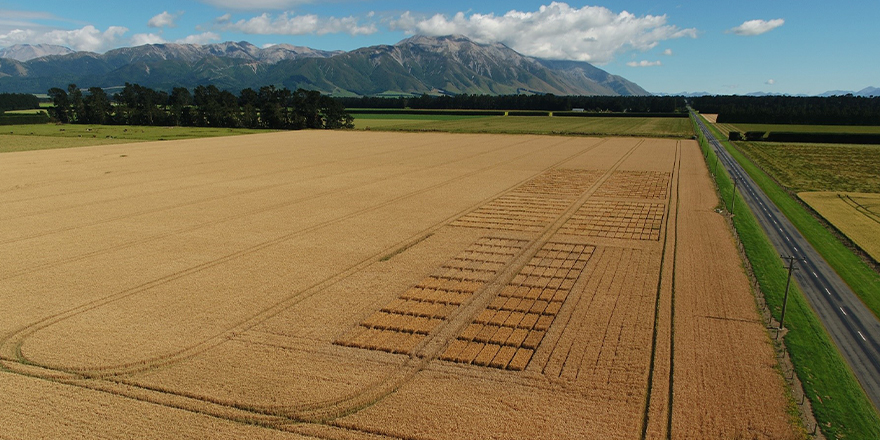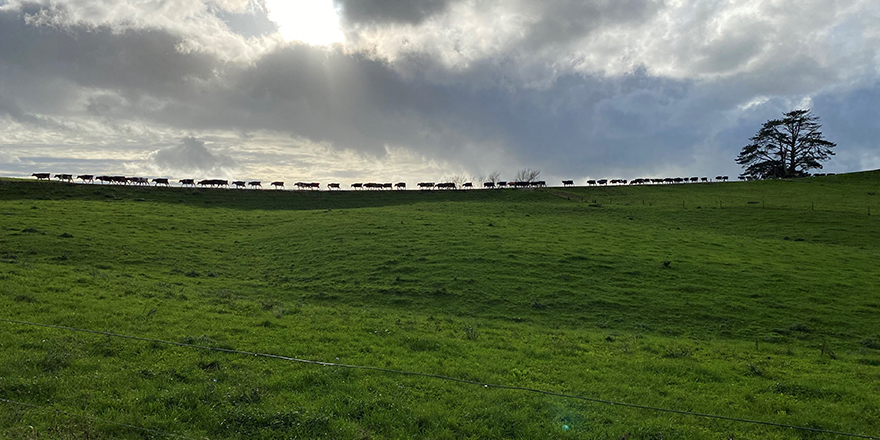
Executive summary
Climate change is increasing the frequency of climatic extremes. Accordingly rural psychosocial services must be prepared to support farmers in the face of increased adverse events. For those farmers most severely affected, the rural clinical mental health services which treat farmers are often underfunded, under resourced and difficult to access due to structural inequities.
New Zealand’s economy and wellbeing of its people are intricately linked to the success of the primary sector. Therefore, farmers’ psychosocial recovery after an adverse event is vital, not only for moral reasons, but sound economic reasons.
This project examines who the stakeholders are in the rural psychosocial ecosystem, how farmers interact with these stakeholders, and how these stakeholders in turn interact together. It aims to understand the challenges and constraints to delivery of effective psychosocial services, and solutions to overcome these challenges and constraints.
The key learnings of this project are:
- Distant stakeholders who set policy and control funding are removed from rural communities’ needs and consequently, prioritisation and understanding of rural mental health suffer.
- There is a lack of strategic direction and metrics in rural mental health, and specifically psychosocial recovery following adverse events. There is a dearth of data, duplication and confusion of roles, unsustainable funding models for psychosocial services and a stretched clinical mental health workforce. All of which contribute to a less effective service for farmers.
- Psychosocial services need more support to develop and deliver their services.
- There is currently no plan to address rural mental health clinical workforce issues.
- In the absence of sector leadership, the government is currently leading the psychosocial response after adverse events which is leading to ineffective outcomes for farmers.
The recommendations from this project are:
- Develop a long-term national strategy for rural mental health including psychosocial recovery following adverse events, led by the sector and its industry co-funded mental health champion/ chief executive (CE).
- Establish a role within MPI’s Rural Communities’ office to advocate rural mental health and improve prioritisation of rural mental health.
- Develop a rural pathway for clinical psychologists and psychiatrists with their respective registration bodies to bolster the rural mental health workforce, overseen by Ministry of Health and the sector’s mental health champion/ CE.
- Fund and resource existing psychosocial services, such as Rural Support Trust, to attract and develop some in-house clinical expertise to lessen the burden on the rural clinical workforce.
- Prioritise rural connectivity to enable technological solutions, with subsidisation for satellite connectivity.
Vanessa Thomson




